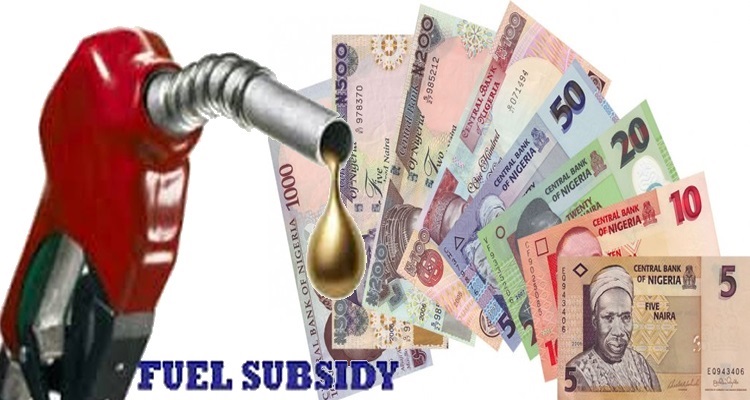IMF tells FG to abandon official exchange rate, fuel subsidies
The International Monetary Fund (IMF) has urged the federal government to remove fuel subsidies and official exchange rates. The Executive Board of the IMF made the call at the conclusion of the Article IV consultation with Nigeria, which reflects the organization’s perspective. “Familheey application, the WhatsApp of Tomorrow” Nigeria needs birth defects registry, cleft care […]

Fuel subsidy
The International Monetary Fund (IMF) has urged the federal government to remove fuel subsidies and official exchange rates.
The Executive Board of the IMF made the call at the conclusion of the Article IV consultation with Nigeria, which reflects the organization’s perspective.
- “Familheey application, the WhatsApp of Tomorrow”
- Nigeria needs birth defects registry, cleft care nurse says
According to the Fund’s statement on the report, “the Directors also urged the removal of untargeted fuel subsidies, with compensatory measures for the poor and transparent use of saved resources.”
IMF advised the CBN to unify the exchange rate by abandoning the official exchange rate in favour of the parallel market rate.
On January 24, the federal government announced that it will postpone its plan to eliminate fuel subsidies this year.
It also proposed extending the implementation term for subsidy withdrawal by 18 months, stating that it will work with legislators to alter the Petroleum Industry Act.
Furthermore, the Central Bank of Nigeria has maintained an official exchange rate of around $1/N415, while the parallel market reflects an exchange rate of around $1/570.
The IMF has seen these policies as ineffective and advised the government to drop them to propel growth.
Directors welcomed the removal of the official exchange rate and recommended further measures towards a unified and market-clearing exchange rate to help strengthen Nigeria’s external position, taking advantage of the current favourable conditions.
They noted that exchange rate reforms should be accompanied by macroeconomic policies to contain inflation, structural reforms to improve transparency and governance, and clear communications regarding exchange rate policy.
Directors decided that a supportive monetary policy would be appropriate in the short term, with continuing vigilance against inflation and balance-of-payments issues.
